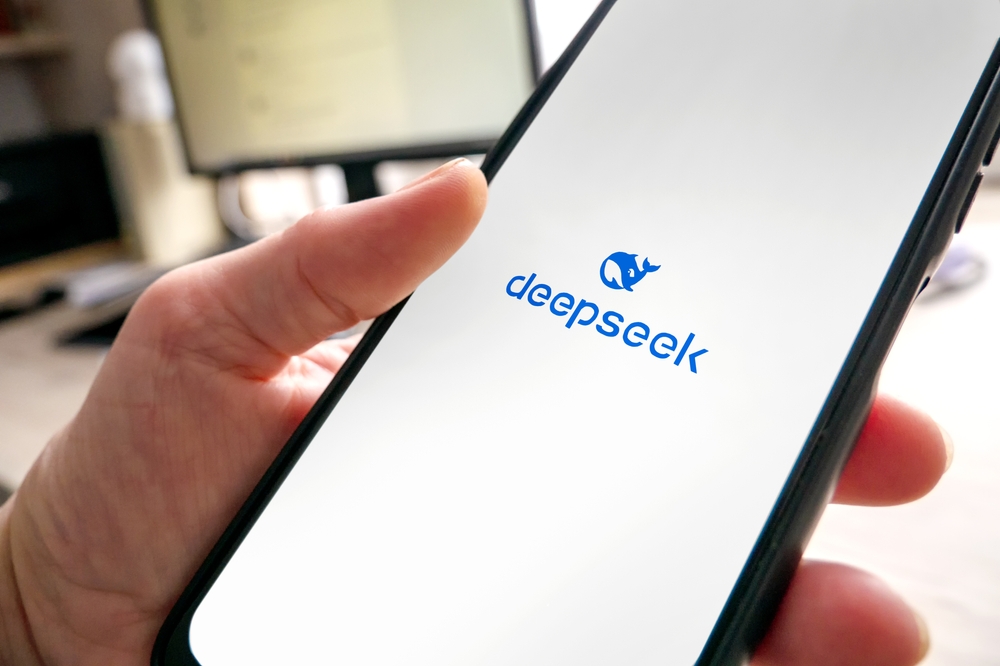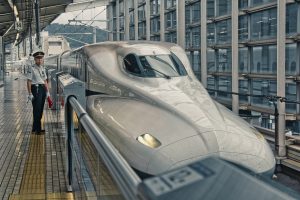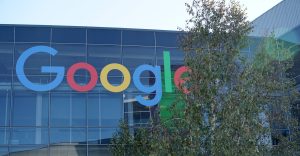Yoshua Bengio, a pioneer in artificial intelligence, has voiced concerns that uncontrolled AI development could lead to systems more powerful than humans, posing serious global risks.
Others are reading now
The rapid evolution of artificial intelligence (AI) has sparked both excitement and fear among experts, as debates about its potential risks and benefits intensify.
While AI offers transformative possibilities for industries and societies, unchecked competition to create ever-stronger models has raised concerns about safety, control, and ethical use.
Speaking to Sky News, Yoshua Bengio, one of the so-called “Godfathers of AI,” expressed fears that the race for AI dominance could lead to technologies that humanity cannot control.
His concerns were amplified by the emergence of DeepSeek, a Chinese chatbot rivaling the best U.S. models with a fraction of the computing power, reports HotNews.
Also read
Risks of Unregulated AI Development
Bengio warned that AI research is increasingly focused on winning technological supremacy rather than ensuring safety.
“We are building systems that are becoming superhuman in certain areas. These systems are also becoming extraordinarily valuable economically, which motivates people to push ahead without adequately addressing risks,” he stated.
The shift away from regulatory oversight, particularly under the administration of U.S. President Donald Trump, and the competitive frenzy among major tech companies have heightened these dangers, according to Bengio.
He advocates for stricter international cooperation and safeguards to prevent AI from spiraling out of control.
Diverging Views Among AI Pioneers
While Bengio urges caution, fellow AI pioneer Yann LeCun, Meta’s chief AI scientist, takes a more measured stance. LeCun argued that large language models, such as DeepSeek, are often overestimated in their capabilities.
“We’ve been misled to believe these systems are intelligent, but they aren’t,” he noted, pointing out that current AI lacks even the cognitive understanding of a cat when it comes to physical reality.
LeCun predicted that AI would soon achieve human-like abilities in specific areas, such as robotic tasks, within the next three to five years.
However, he emphasized that innovation would continue globally, regardless of geopolitical barriers.
“If the U.S. were to halt AI development for political or commercial reasons, innovation would simply move elsewhere, as DeepSeek has already demonstrated,” he stated.
Both Bengio and LeCun, along with Geoffrey Hinton, received the Queen Elizabeth Prize for Engineering for their contributions to deep learning.
Their pioneering work in artificial neural networks has shaped modern AI, yet their differing perspectives highlight the complex debate surrounding the future of this powerful technology.








